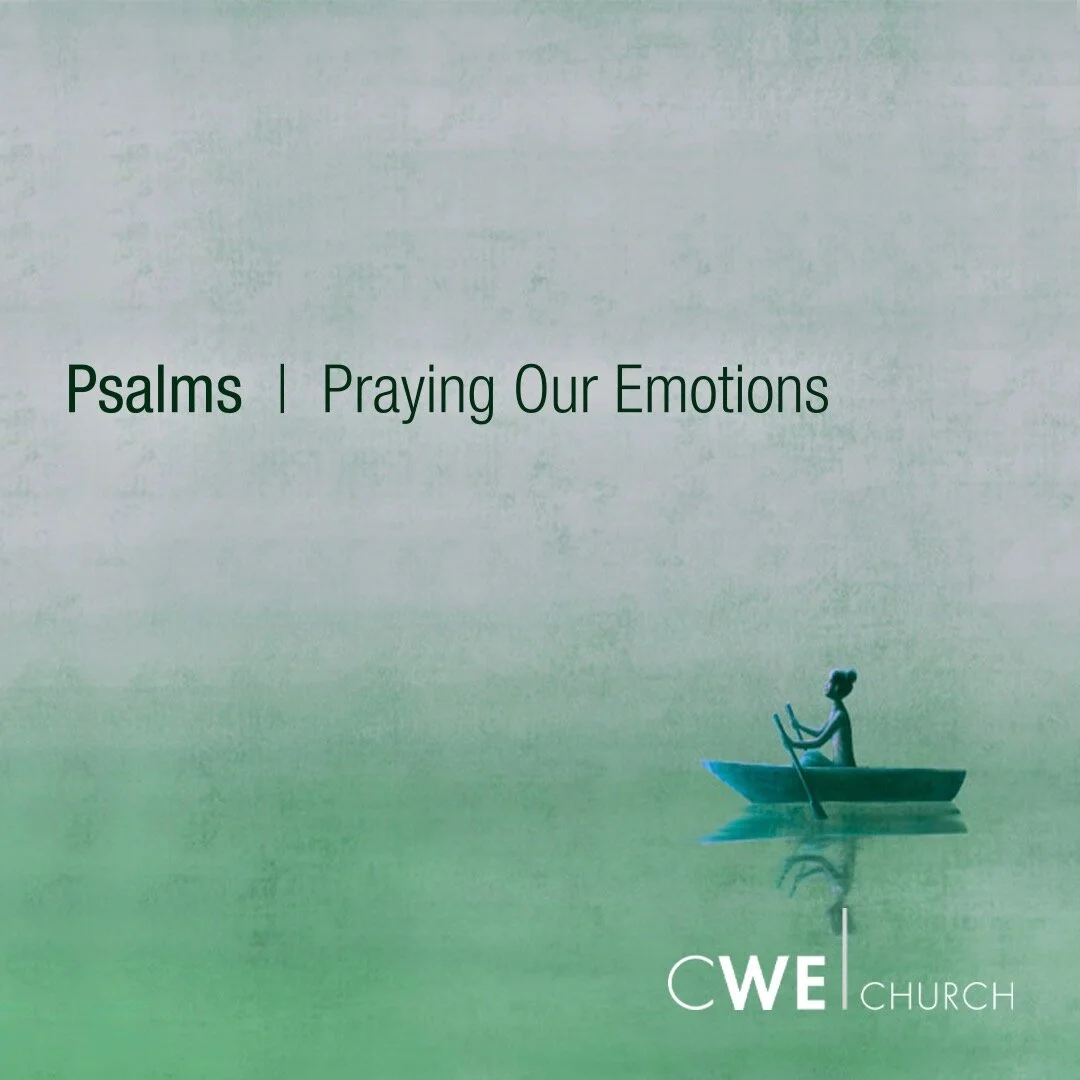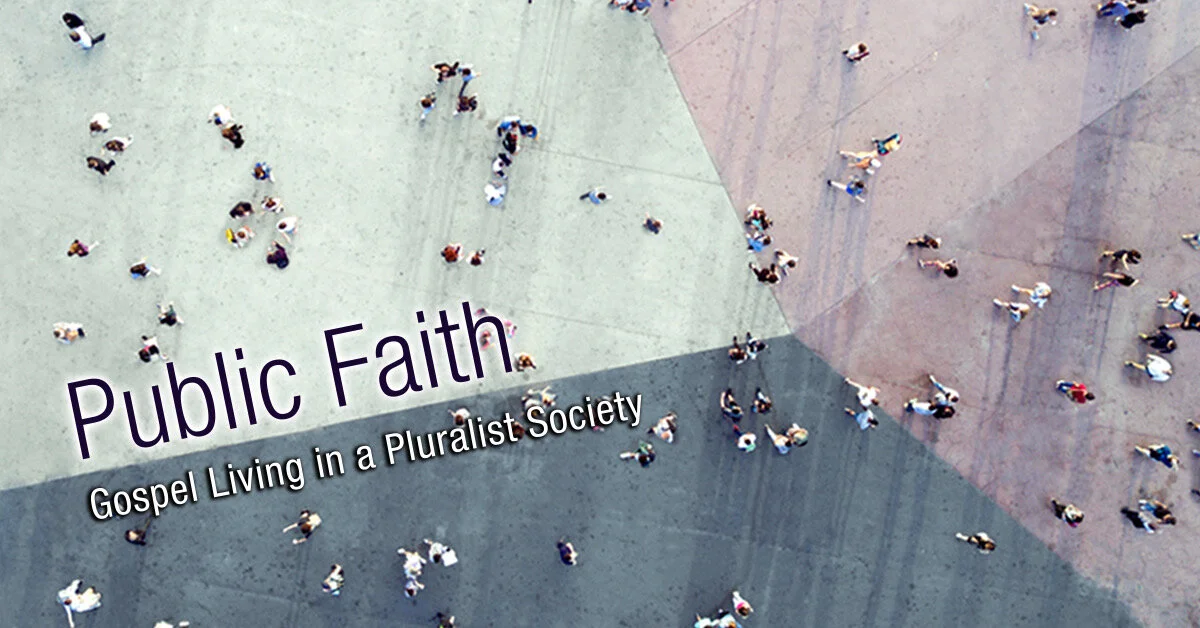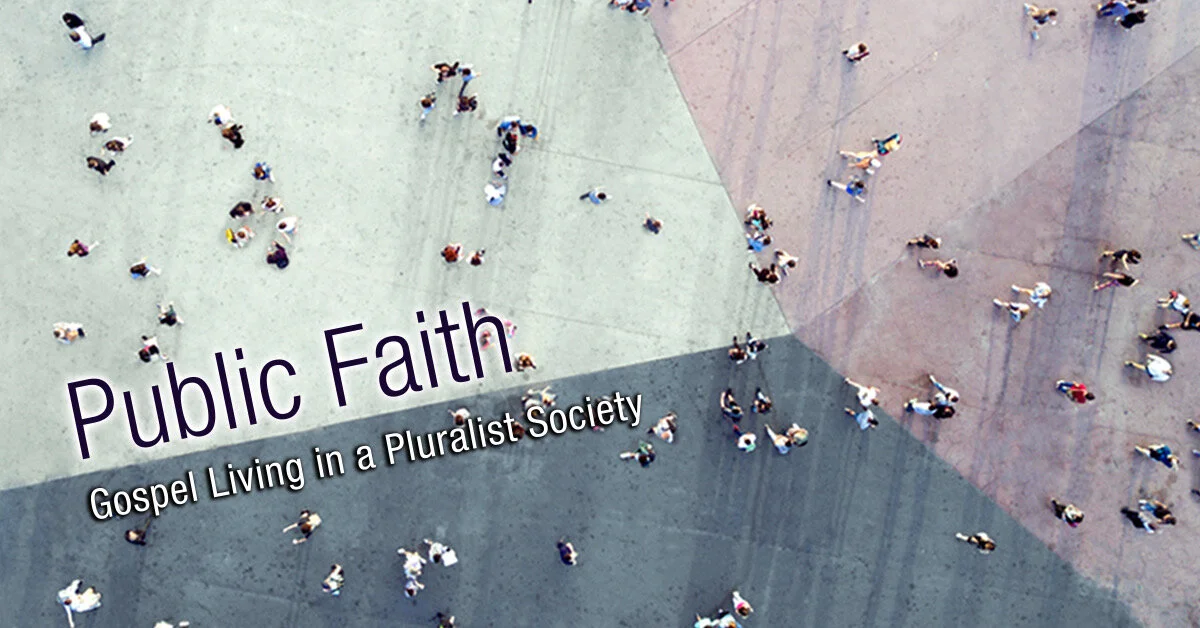Of all the questions that matter to humans, perhaps the deepest and most central question is that of identity: “Who am I, and am I loved and accepted?” If the answer to that question is in doubt, we experience what many call despair. This psalm answers that question.
Doubt in God isn’t just an intellectual problem, it’s a deeply emotional experience that is also a nearly universal human phenomenon. The notion that we can solve that problem is too simplistic, but this psalm gives us some helpful ways of working through it.
Along with depression, anxiety, and addiction, loneliness is one of the biggest health crises in our world today. This psalm has a lot to say about our experience of loneliness, as well as a culture like ours that produces so much loneliness.
Sometimes in life we become discouraged and distracted by what we see. Especially, when it seems that there are no consequences for those who do evil. Psalm 73 reminds us that evil will not triumph over the the righteous reign of Christ nor over His redeemed people. All evildoers are called to submit to the Gospel of Christ
Acceptance and anger feel like total opposites, and yet the Bible talks as if we’re supposed to integrate them into one coherent life. How can we do that without degenerating into either apathy or rage? This psalm shows us a way forward.
Depression exhausts and isolates those who suffer in its darkness. God’s word offers the light of truth and the power of God‘s presence.
Anxiety affects all of us, and is one of the most debilitating emotions we can experience. But praying this psalm helps us to become a less-anxious presence.
Shame controls us. We will do just about anything to avoid feeling it. But God's Word offers us a path to freedom. Join us this week as we learn to pray through our shame.
All of life is a series of losses. But if we don’t grieve those losses, we’ll never experience true healing. This Psalm is one of the most raw expressions of grief in the Bible, but also one of the most healing if we listen to what it teaches us about processing our grief.
What does it look like to grow in mental and emotional health? The Psalms are ancient therapy, and this Psalm gives us an excellent overview of how to process our emotions.
The writer of Ecclesiastes warns us of a grievous evil that weighs heavy on humankind. An evil that has brought havoc and devastation to countless lives. But we live in a world that desperately tries to ignore and deny that this evil evenness exists. Join us as we seek to grow in wisdom, by looking at an uncomfortable truth.
When we place our faith in Jesus, we are redeemed into God’s story. Living redeemed means finding joy in God‘s promise to bless us and make us a blessing to all the world.
We live in a world that increasingly values cultural diversity. But that is not a new vision. Revelation 7 shows us that this has always been God's vision for the world, and how he fulfills it.
*Please excuse the white noise for the first part of the sermon. We had some technical difficulties and it is resolved right around the 19:54 mark.
Our culture trains us to separate physical reality (the "real world") from spiritual reality (God's world). But what would it look like to live our faith publicly in such a way that those two worlds come near, and even become one world?
While our culture says that sharing your faith is wrong, even some atheists say that if Christians really believe the gospel is the way to abundant life, the only thing that makes moral, rational sense is to share that faith. So why don’t we? In this passage, Jesus helps us to understand that we are missing something.
How do you makes sense of Jesus and the gospel to a world in which Christianity is meaningless, or even seen as harmful and destructive? Jesus' encounter with the woman at the well has a lot to show us about that.
We have no problem publicly advocating for our convictions about many things (e.g. politics) because we believe they address ultimate questions about the wellbeing of the whole world. What if the gospel, rightly understood, has more to say to those questions than anything else?
In this passage, Jesus has a lot to show us about reparations, and how we might think about this controversial subject.
In Matthew 25, Jesus says he's the King before whom every human will one day give an account of their life. What is the basis of his assessment of our lives? What is his desire for us? This passage shows us.





















